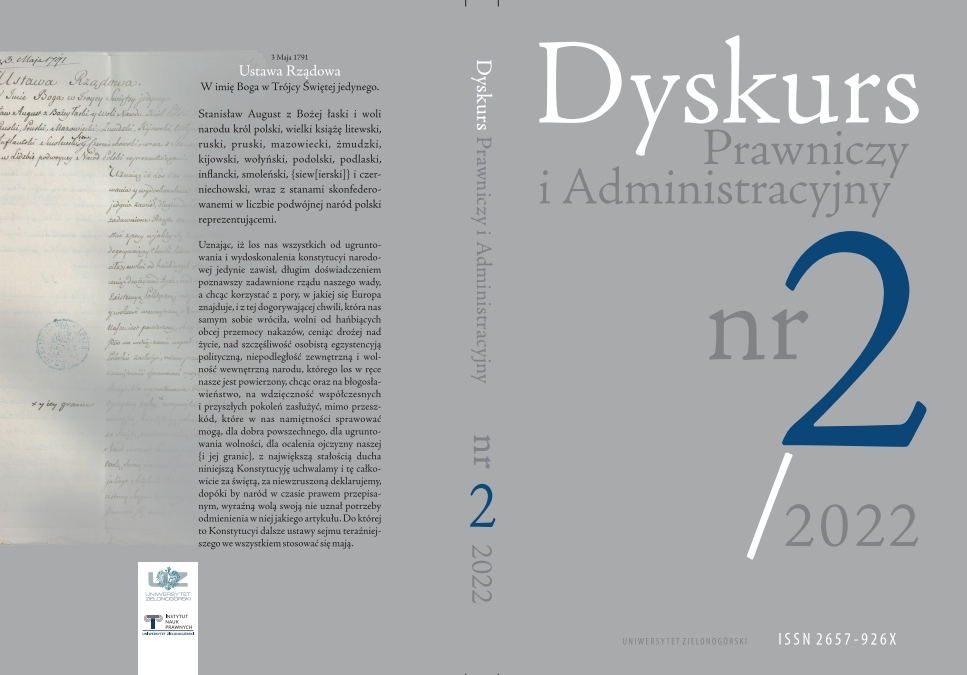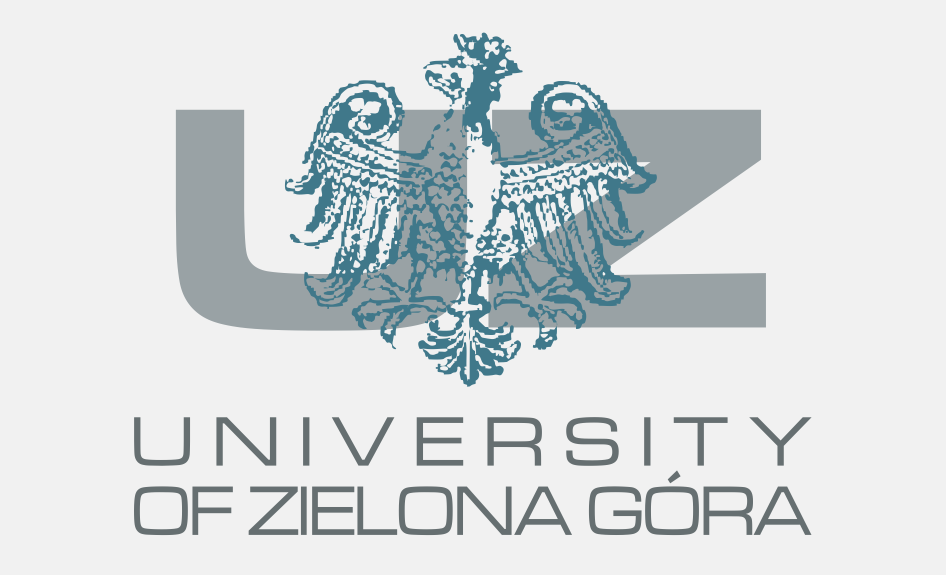Digitization of the construction process in Polish and Georgian Law
Keywords:
construction law, digitaization, digitalization of administrative processes, administrative decision, construction administrative bodiesAbstract
This article concerns the introduction of digitization in the Polish and Georgian administrative
procedure, based on the example of the construction process. A digital e-construction
platform was introduced to streamline the administration process and contribute to the efficiency
of construction procedures, simplifying the submission of applications by investors. However, this
is the beginning of the reform of the construction law and spatial planning aimed at streamlining
administrative procedures. It is also the first step for the legislator to consider introducing artificial
intelligence in the issuance of certain administrative acts in the field of spatial planning and development
and construction law.
The e-construction platform has been operating in Poland for a year and concerns investments in
the field of construction, both private and public investments. Against this background, it should be
considered how the legislator should adapt the legal regulations to the actual electronisation of the
administrative procedure on the example of proceedings in cases of simple construction and demolition
notifications, notifications, as well as more complicated procedures aimed at issuing permits.
References
Błażewski M., Czynniki koniecznościowe współkształtujące układ pomiędzy organami administracji publicznej w związku z prowadzeniem i stosowaniem publicznych systemów teleinformatycznych, red. J. Korczak, Układ administracji publicznej, Wrocław 2020.
Chałubińska-Jentkiewicz K., Prawna ochrona treści cyfrowych, Warszawa 2021.
Haręża A., Wprowadzenie do problematyki elektronicznej administracji publicznej, “Prawo Mediów Elektronicznych’’ 2011, no. 1.
Kalichava K., Permission Control of Contraction Activity (need of reform and perspectives), “Journal of Administrative Law” 2016, no. 2.
Leoński Z., Szewczyk M., Kruś M., Prawo zagospodarowania przestrzeni, Warszawa 2012, p. 337.
Lipowicz I., Administracyjnoprawne zagadnienia informatyki, Katowice 1984, pp. 116-143.
Loria W., Gruzinskj iadministratiwnyj porjadok, Tbilisi 2018.
Margetts H., The Automated State, “Public Policy and Administration” 1995, vol. 10, is. 2.
Pawłowska A., Informatyzacja w administracji publicznej, od wirtualnej biurokracji do elektronicznych rządów, “Służba Cywilna” 2003/2004, no. 7.
Stempnakowski Z., Administracja elektroniczna, [in:] A. Szewczyk (ed.), Społeczeństwo informacyjne – problemy rozwoju, Warszawa 2007.
Studnicki F., Prawo i cybernetyka, Warszawa 1969.
Sujecki B., Das elektronische Mahnverfahren, Tübingen 2008.
Szewczyk E., Modyfikacje postępowań administracyjnych prowadzonych w okresie stanu zagrożenia epidemicznego lub stanu epidemii, “Samorząd Terytorialny’’ 2020, no. 6.
Taylor J.A., Williams H., Public admnistration and the informations polity, “Public Administration’’ 1991, vol. 69, issue 2.
Wróblewski J., Informatyka prawnicza możliwości wykorzystania cybernetyki, “Państwo i Prawo” 1971, no. 3-4.
Zakashvili U., Kalichava K., Modern Development Tendencies in Georgian Construction Law, “Studia Prawa Publicznego” 2018, no. 1(21), p. 11.
Published
How to Cite
Issue
Section
Copyright (c) 2023 Lucyna Staniszewska

This work is licensed under a Creative Commons Attribution-NonCommercial-NoDerivatives 4.0 International License.





